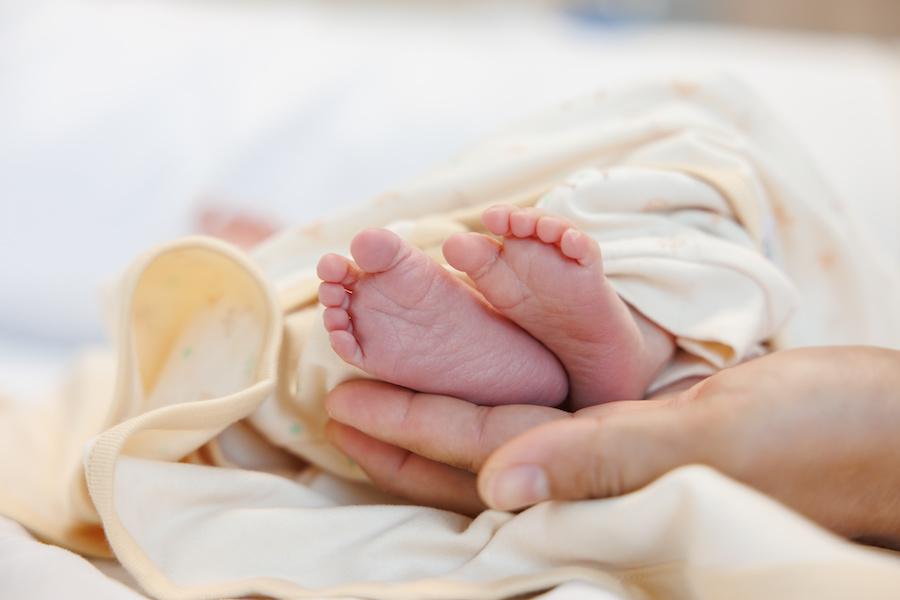A neonatal care unit is a care unit that specializes in the care of premature or ill newborn infants. The most common reasons include temporary breathing difficulties, newborn jaundice, low blood sugar levels and infections. Depending on when in the pregnancy the baby is born, and the reason why the infant is in care, the baby may require care from just a few days to a couple of months.
Around 10% of all babies born are cared for in the neonatal care unit, and around half of these are premature. A baby born before pregnancy week 37+0 is considered to be premature. Infants born during pregnancy weeks 35 and 36 can normally be cared for at the maternity ward under close supervision.
The neonatal care unit is staffed by a team of physicians and nurses who specialize in neonatal care, as well as neonatal nurses or assistant nurses. Medical consultants—such as dieticians, physical therapists, psychologists and neurologists—also work together with the unit. As knowledge about parental inclusion and its importance grows, the staff’s role is to support the parents in actively taking part in the care of their newborn—aside from being medical experts.
Not as planned
Most people have at some time heard about neonatal care. However, for the parents of a newborn infant that requires care who find themselves in a situation far from what they imagined, this is a time of great anxiety. Questions like “Will my baby be healthy?” “Will my baby survive?” and “Dare I bond?”
Being together
Studies show that skin-to-skin therapy and early bonding are not only important in terms of the emotional bond between baby and parents, but also benefits the infant’s growth and brain development. This closeness even benefits breastfeeding. As a result, more and more clinics are moving to a care called “co-nursing”. Both the mother and the baby are cared for together in the neonatal care unit where midwives are part of the team caring for the family. The aim is to avoid separating mother and child.
Going home
If your parenthood started in a neonatal care unit, and if you had a long stay, you probably can’t wait to get home. Today, home nursing is a common form of nursing affiliated with the hospital that serves as the pediatric ward’s extended arm. After a medical assessment, home nursing offers families nursing at home until such time as the baby can be discharged. Nurses who have extensive neonatal nursing experience make home visits and provide advice on breastfeeding and baby’s food as well as infant care.
Sources:
- Abascal, G., & Huss, M. S. (2018). Att föda. Bonnier Fakta.
